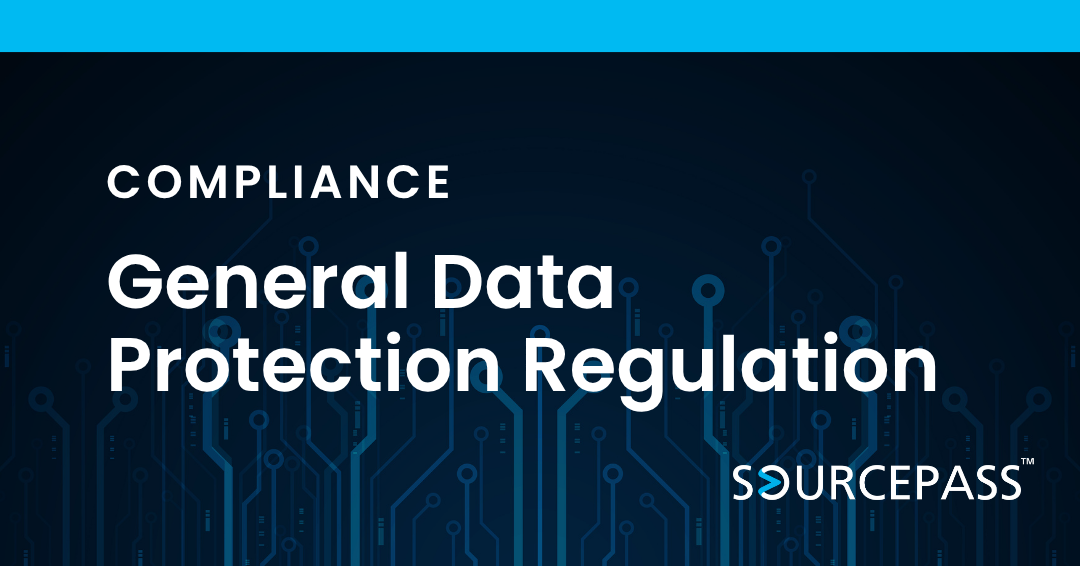Understanding GDPR Compliance: What It Is and Why It Matters for Cybersecurity
Jun 02, 2025 Admin Compliance Regulations 2 min read



What Is GDPR Compliance?
The General Data Protection Regulation (https://gdpr-info.eu/) is a comprehensive data protection law enacted by the European Union (EU) in 2018. It establishes strict rules for organizations that collect, process, and store personal data of individuals within the EU. The regulation aims to enhance privacy rights, increase transparency, and strengthen data security measures.
Industries Affected by GDPR
GDPR compliance is required for any organization that processes the personal data of EU citizens, regardless of where the business is located. Affected industries include:
- Technology and Software Companies (cloud providers, SaaS companies, and social media platforms)
- Financial Services (banks, payment processors, and insurance firms)
- Healthcare Organizations (hospitals, telemedicine providers, and research institutions)
- Retail and E-commerce (online stores, marketplaces, and logistics companies handling customer data)
- Marketing and Advertising (digital advertisers, data brokers, and analytics firms handling user data)
- Compliance Requirements and Key Components
To comply with GDPR, organizations must implement several critical data protection and privacy measures, including:
1. Lawful Data Processing
- Organizations must have a legal basis for processing personal data, such as consent, contractual necessity, or legitimate interest.
- Data subjects must be informed about how their data will be used.
2. Data Subject Rights
- Individuals have the right to access, rectify, and delete their data.
- They can also request data portability and restrict processing under certain circumstances.
3. Privacy by Design and Default
- Companies must integrate data protection measures into their systems and processes from the outset.
- Default settings should prioritize user privacy.
4. Data Breach Notification
- Organizations must notify authorities within 72 hours of discovering a data breach.
- Affected individuals must also be informed if the breach poses a risk to their rights and freedoms.
5. Security Measures
- Implement encryption and anonymization to protect sensitive data.
- Ensure appropriate access controls and multi-factor authentication (MFA).
6. Appointing a Data Protection Officer (DPO)
- Companies that process large amounts of sensitive data must designate a DPO to oversee compliance efforts.
The Role of IT and Cybersecurity in GDPR Compliance
IT and cybersecurity teams play a vital role in ensuring GDPR compliance by:
- Implementing Data Protection Measures: Deploying encryption, firewalls, and intrusion detection systems.
- Managing User Access Controls: Enforcing role-based access to minimize unauthorized data exposure.
- Monitoring and Auditing Systems: Using security information and event management (SIEM) tools to detect threats.
- Conducting Risk Assessments: Identifying vulnerabilities and mitigating risks before they lead to data breaches.
- Ensuring Vendor Compliance: Evaluating third-party service providers to ensure they meet GDPR standards.
Why GDPR Compliance Matters
Non-compliance with GDPR can lead to significant financial penalties, with fines reaching up to €20 million or 4% of a company’s global revenue. Beyond legal repercussions, adhering to GDPR fosters trust, improves data security, and enhances customer relationships.
Achieving GDPR compliance requires a comprehensive approach to data protection, transparency, and cybersecurity. By implementing robust security controls and following best practices, organizations can safeguard personal data and maintain regulatory compliance.
Subscribe To
Sourcepass Insights
Sourcepass Insights
Stay in the loop and never miss out on the latest updates by subscribing to our newsletter today!



